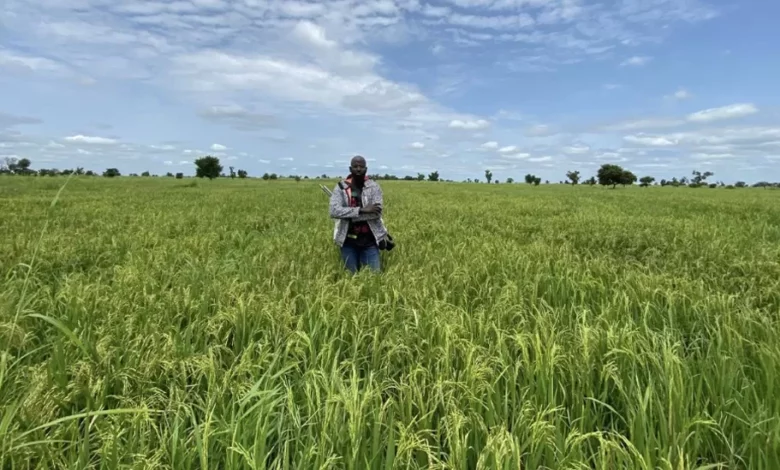
In the past three years, a sharp rise in insecurity has led to gangs kidnapping hundreds of people for ransom in Nigeria, and staff of prosperous agricultural enterprises have been particularly targeted, forcing many farms to abandon or reduce operations.
More than 350 farmers were kidnapped or killed in the 12 months up to June 2022 alone, according to a Nigerian security tracking website.
The majority of attacks took place in the northern region where there is swathes of uncultivated land and some of the country’s largest farms.
In January 2022, five people were killed in an exchange of gunfire between security agents and armed gunmen on motorbikes, gang members known locally as “bandits”, who attacked the premises of GB Foods, a tomato-processing plant in the north-western state of Kebbi.
When the multi-million-dollar factory, partly funded by the central bank, had launched to great fanfare in 2020, it was described in the media as Nigeria’s second-largest food processing plant and included the country’s largest tomato farm.
Bandits then tried to kidnap some of the staff. They failed, but the plant has been out of operation since.
Prior to the discovery of crude oil in 1956, Nigeria was known for a long list of cash crops, such as palm oil, cocoa, and groundnuts, but the government’s focus on the booming oil sector led to the underdevelopment of non-oil sectors, such as agriculture.
However, the magic really began to happen when the subsequent administration in 2010 appointed the sleek, bowtie-wearing, charismatic Akinwumi Adesina as the Minister for Agriculture.
All that progress now seems to be unravelling, with nearly 25 million Nigerians at risk of facing hunger between June and August 2023, according to the United Nations (UN).
Mr Rotimi Williams used to enjoy spending months at a time on his farm, organising barbecues for the farmers at the end of a hard day’s work, complete with a stereo and loud music.
He is now in the process of moving his rice production to other West African countries, such as The Gambia and Senegal, which also consume rice in large quantities. —BBC






